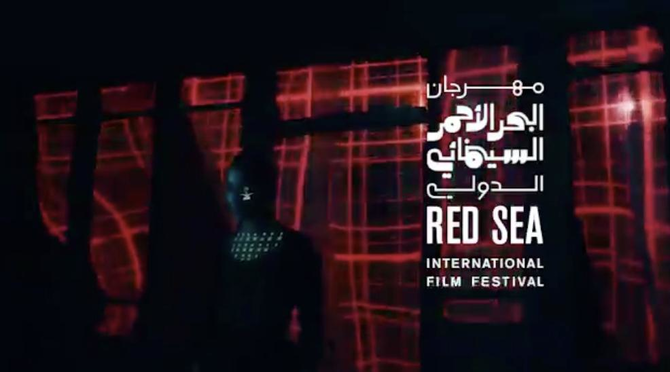JEDDAH: The inaugural Red Sea International Film Festival will be held from March 12-21, 2020 in the old town of Jeddah on Saudi Arabia’s Red Sea coast.
The first edition will bring the regional and international community together to experience the world’s best films, educational workshops, master classes, immersive art experiences, experimental projects and other cinematic events.
The festival’s ambitious mandate is to develop and promote the film industry in Saudi Arabia and become a vital event for discovering talent in the region, and to support a new wave of cinema from around the world with a focus on the “Global South.”
The festival will welcome local festival goers, filmmakers, actors, media and industry professionals to celebrate cinema.
The Red Sea Film Lodge: “The New Arab Wave,” a script and feature lab in collaboration with TorinoFilmLab that will open for submissions on July 1, 2019, has been launched by the festival.
The lab will select 12 Arab projects, of which at least six will be from Saudi filmmakers.
Filmmakers will participate in a five-month support program to develop their projects with national and international film industry experts.
The lodge will assign two $500,000 awards to the best projects from the script and feature lab, and additional awards to financially support the development of the projects.
NUMBER
$500,000
The Lodge script and feature lab will assign two half-a-million dollar awards to the best projects.
The festival’s film program aims to be robust and energetic, launching feature-length and short films with an emphasis on diversity in storytelling styles that push narrative form, embrace risk-taking in their ideas, and value craft.
The program will also showcase the best of Arab and international cinema. It will be led by festival director and CEO Mahmoud Sabbagh and his newly appointed senior personnel.
Hussain Currimbhoy, previously a documentary programmer at the Sundance Film Festival, will be artistic director, and Shivani Pandya Malhotra, who managed the Dubai International Film Festival for 15 years, will be managing director.
Industry veteran Antoine Khalife joins as director of the Arab Programme, Samaher Mously as director of marketing and communications, and Ibrahim Modir as head of operations.
They join acclaimed filmmaker Sabbagh and a team of Saudi and international programmers and executives with a mission to launch a dynamic platform for new films, energize the culture of cinema, develop talent, build a local industry, promote Saudi films regionally and internationally, create an active market and increase cultural exchange and understanding.
The festival is supported by the Red Sea Film Festival Foundation, an independent, non-profit organization chaired by the Minister of Culture Prince Badr bin Abdullah bin Farhan.
The foundation aims to champion the local film industry by nurturing national storytellers and original narratives through the festival and its year-long education, grants programs and market initiatives.
To apply to the Red Sea Film Lodge and for further information on rules and regulations, visit: www.redseafilmfest.com




























